“Life is not easy” – nobody would rashly deny this statement.
Everyone has in mind many occasions when this has proved true.
Difficulties of all kinds come our way and make life something of a struggle.
How do people cope with situations where they are faced with problems?
What do they do to overcome the obstacles that they are confronted with?
Some try to fight those who oppose them.
Others flee hoping to escape the threat and the enemy.
Some others look for help from people around them.
But such help is not always available, people are often unable to help, or refuse to do so.

Today’s 1st reading presents us with the prophet Jeremiah (Jeremiah 20:10-13).
The message he spoke was not welcome and many of his people are against him.
He is aware that he is in serious danger, and he needs help.
He looks for assistance – real assistance where he is sure to find real support.
He addresses himself directly to God saying:
“To you I have committed my cause.”
I wonder how many of us dare to do the same:
- Confiding to God whatever is a threat to us…
- Relying on him being absolutely sure that he will not abandon us…
- Depending on him with complete trust that he will not leave us without help…
Some may say that this is not easy either…
Perhaps… but the result can be amazingly rewarding!…
It may have already proved to be so for some of you…
Note: Another text is available on a different theme, in French, at: https://image-i-nations.com/12e-dimanche-de-lannee-a-2023/
Source: Image: Bible Hub

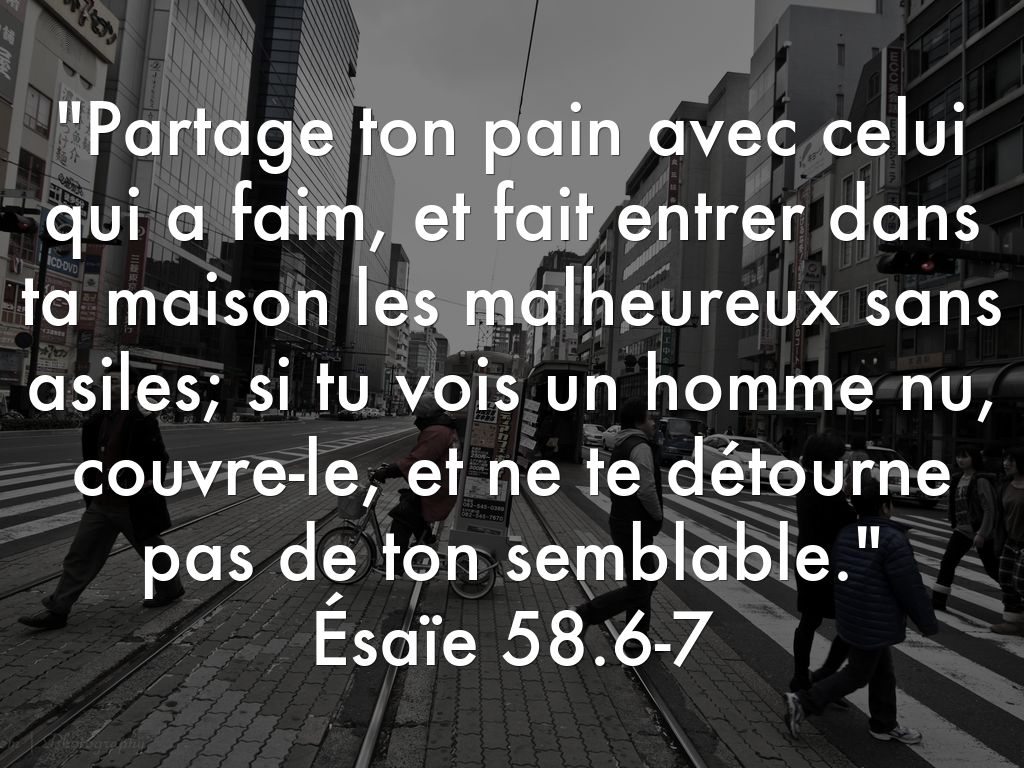 Le prophète Isaïe (Is.58:7-10) et Jésus lui-même (Mt.5:13-16) nous invitent, peut-être plus exactement, nous enjoignent,
Le prophète Isaïe (Is.58:7-10) et Jésus lui-même (Mt.5:13-16) nous invitent, peut-être plus exactement, nous enjoignent, 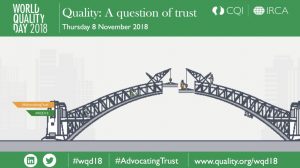 Ever picked up a product, excited to get it home, only to find out that when you open the box and put it to its intended task for the first time it just falls apart? Or called in to get technical support and you pretty much just get a set of read out responses rather than the assistance of people who are actually knowledgeable in their subject? These terrible experiences just enhance the absolute necessity of quality in every aspect of business.
Ever picked up a product, excited to get it home, only to find out that when you open the box and put it to its intended task for the first time it just falls apart? Or called in to get technical support and you pretty much just get a set of read out responses rather than the assistance of people who are actually knowledgeable in their subject? These terrible experiences just enhance the absolute necessity of quality in every aspect of business.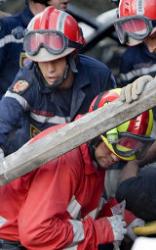 Dans de nombreuses régions du globe, les humanitaires travaillent, parfois au péril de leur vie, souvent dans l’anonymat le plus total. Même s’ils accomplissent un travail de fourmi, leurs interventions sont indispensables et permettent souvent à des populations de retrouver un minimum de dignité.
Dans de nombreuses régions du globe, les humanitaires travaillent, parfois au péril de leur vie, souvent dans l’anonymat le plus total. Même s’ils accomplissent un travail de fourmi, leurs interventions sont indispensables et permettent souvent à des populations de retrouver un minimum de dignité.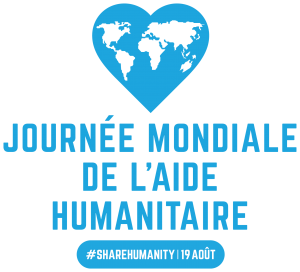 À l’occasion de la Journée mondiale de l’aide humanitaire, nous continuons d’attirer l’attention sur les millions de civils touchés par les conflits armés chaque jour. Ceux qui habitent dans les villes luttent pour trouver de la nourriture, de l’eau et un abri sûr, tandis que les combats chassent des millions d’autres de leurs foyers. Les enfants sont recrutés et utilisés pour se battre, et leurs écoles sont détruites. Les femmes sont maltraitées et humiliées.
À l’occasion de la Journée mondiale de l’aide humanitaire, nous continuons d’attirer l’attention sur les millions de civils touchés par les conflits armés chaque jour. Ceux qui habitent dans les villes luttent pour trouver de la nourriture, de l’eau et un abri sûr, tandis que les combats chassent des millions d’autres de leurs foyers. Les enfants sont recrutés et utilisés pour se battre, et leurs écoles sont détruites. Les femmes sont maltraitées et humiliées.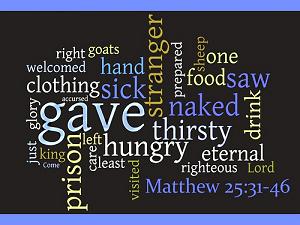


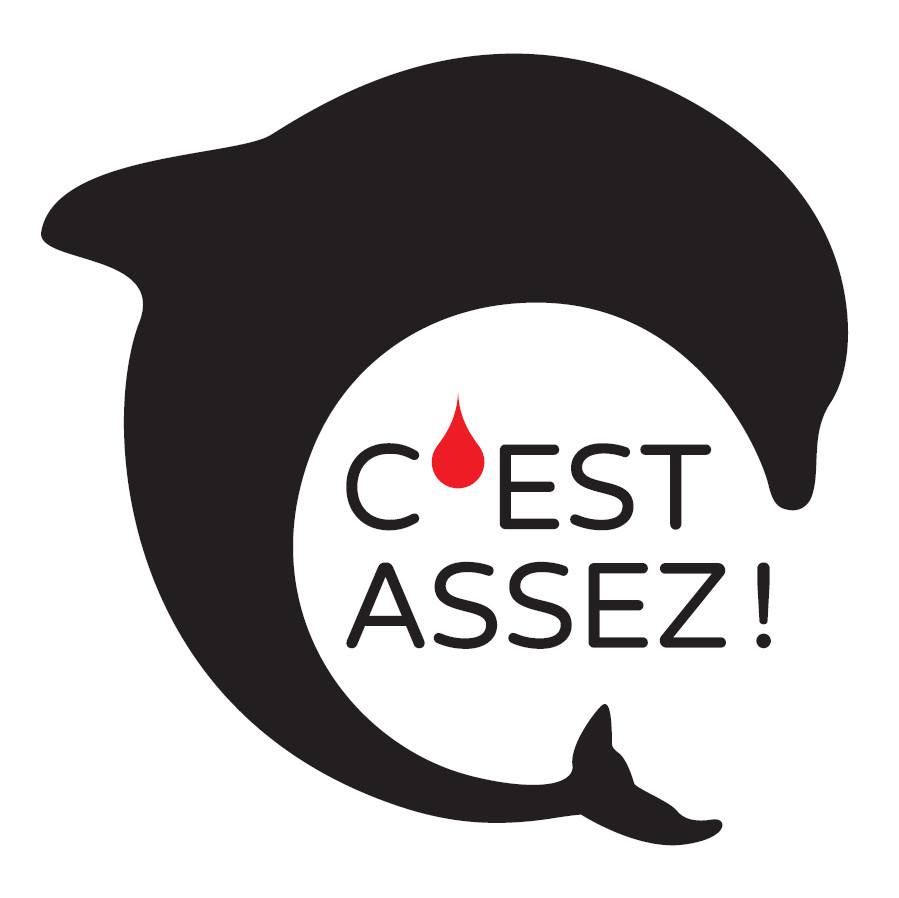



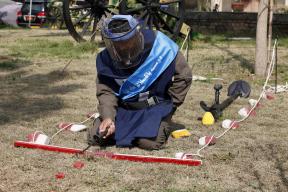 The United Nations’ International Day for Mine Awareness and Assistance in Mine Action is observed on April 4 each year. This day aims to raise awareness about landmines and progress toward their eradication.
The United Nations’ International Day for Mine Awareness and Assistance in Mine Action is observed on April 4 each year. This day aims to raise awareness about landmines and progress toward their eradication.